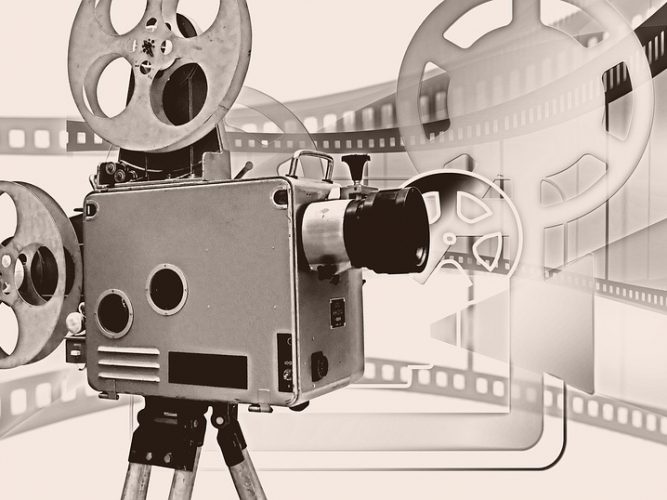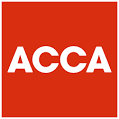Life as an actor can be very hectic – rushing to auditions, rehearsals and performances, so 9 times out of 10 the mundane things, such as accounts are put to one side for a rainy day and get overlooked or even forgotten!
But each year like all self-employed people, a tax return has to be completed. This can be a mind-boggling experience, and many of us (if we’re honest) have no idea how to complete one – just hoping we’ve completed the correct boxes with the correct information – or we rely on an accountant!
On leaving drama school, did you have tuition on the more practical aspects of working in the industry? Did anyone ever show you what a tax return looks like – or how to complete it.
Find the right accountant
Graduates today are increasingly more realistic in their objectives and believe they will not earn enough in their first year to need an accountant. This could be the first misstep in running your own business.
Many drama graduates are likely to a lot of work other than acting for several years. Maybe not all of this work will be on a self-employed basis, and graduates may find themselves working on several tax codes and in different situations regarding what tax is due.
With the right tuition, it is possible to collate all these different sources of earnings together yourself and complete your tax return. But it’s easy to make mistakes – and these will most certainly be picked up by HMRC!
Paying tax is a moral responsibility and it’s a legal requirement to make sure that you pay what you owe. That said, it’s also essential you don’t pay any more than you should, so getting the right professional advice is absolutely vital.
Get an accountant who is an expert in the world of entertainment to represent you. This is the best way of coping with the increasingly complex field of legislation and the myriad requirements placed on you as a taxpayer. With the impending threat of quarterly digital returns, knowing exactly what is going on in the world of tax is vital to your financial success as an actor. If you don’t, you may be given some poor guidance and end up paying more tax then need be.
Register as self-employed
It is important to register as self-employed within six months of the end of the tax year in which you began working. For example, if you start working in July 2018, you must be registered with the HMRC by October 2018.
There’s nothing to say, you can’t do it earlier. Even if you just do a single day’s work on a self-employed basis., you will still need to register.
What happens if I take a job and have to pay tax on a PAYE basis in the same financial year? On these jobs, it is your responsibility to contact HMRC and get the correct tax code for this work. This will be easier if you have already begun a relationship with HMRC and registered. Failure to get the correct tax code may lead to your valuable part-time job being taxed at a higher rate than necessary and render it less than viable as a source of income during the days when you are ‘resting’.
Speak to your bank and open a separate account for your business. This effectively separates your personal affairs from those of your business and makes record-keeping very straightforward.
Have all your salary paid into this account from whatever source and take out a set amount each week or month for your own personal expenses. You can pay professional expenses from this account and your bank statement will then act as a very effective record for tax purposes.
In future, digital accounting software will link to your bank account automatically. It is therefore a good idea to have a separate business account to avoid a large number of private items being recorded in your business accounts.
Keep your receipts
You need to make sure you have a record of any expenses you will be claiming against tax.
Software is now widely available to photograph hard-copy receipts and keep them as digital records. Equity, Spotlight or a reliable actors’ accountant can provide a comprehensive list of just what you can claim. Accountants who really their stuff, in this area alone can save you money! Not only are they saving you money, but they’re saving you the time it would take you to complete your own tax return effectively.
You are much less likely to be investigated by HMRC if your return has been prepared by a reliable, reputable agent – this is not guaranteed. They do make random checks.
Check if your other work is taxed at source
Many actors have other jobs that cannot be fulfilled on a self-employed basis. If you are invoicing, you must state on that invoice that you acknowledge responsibility for paying your own tax. Promotional work, event work and work for agencies has recently come under the HMRC spotlight and agencies should now deduct tax at source.
In March 2016 HMRC stated: “Demonstrating and merchandising work is often undertaken by actors, actresses or models. When doing so, they are not rendering their services as actors, actresses or models and so neither the exceptions in the agency provisions (see ESM2008) nor the Administrative Practice at EIM03002 apply.” This basically means you now have to be taxed at source for most work in the promotional market.
If an agency is paying you but not deducting tax at source, then this money should be declared on your self-employment tax return – and HMRC should also be made aware of its omission.
It’s an increasingly tricky subject. With constantly changing tax requirements made necessary by the new gig economy and companies such as Uber and Deliveroo, actors whose working lives consist of varied employment have to keep up with the regulations.
Success as an actor is a balancing act, of which performing is just one side of the seesaw.
Having difficulties with your tax affairs?
Tax Aid is a charity that helps people on low incomes when they get into difficulties with their tax affairs. It helps low-earners to understand the bits of the tax system that apply to them (safely ignoring the confusing 98% that don’t), pay only the right amount of tax and help them resolve crises when things go wrong.
Tax Aid is not a replacement for an accountant, but it can help if you are on your own and in difficulties.
Are you an actor? Do you need an accountant who is an expert in the world of entertainment? Yes? Then look no further… Call Brian TODAY on 01604 328328 to find how Broadwing Accountancy can help you! Alternatively, why not send your questions to [email protected].






